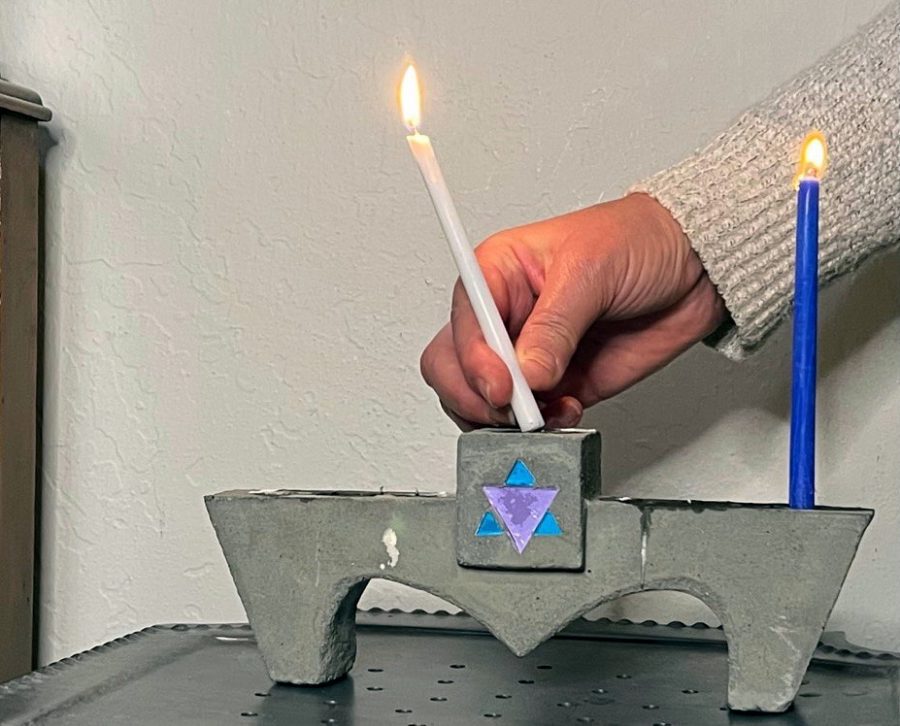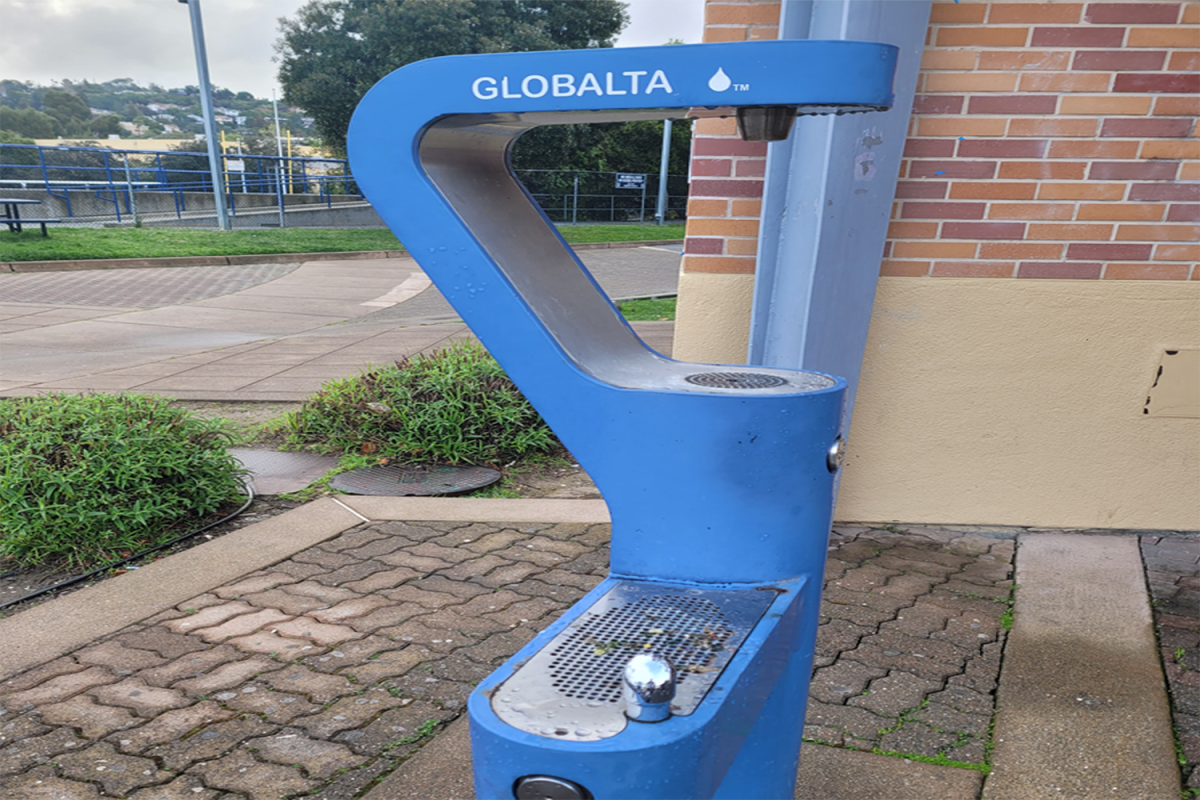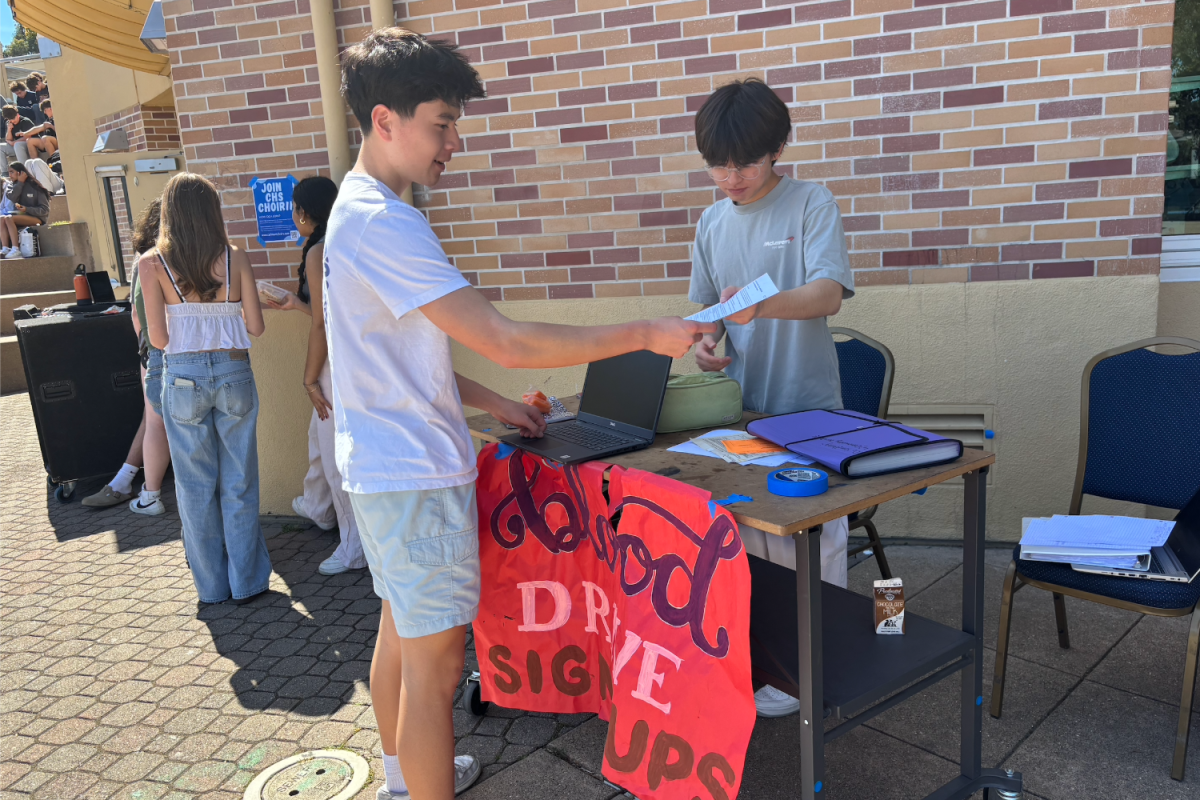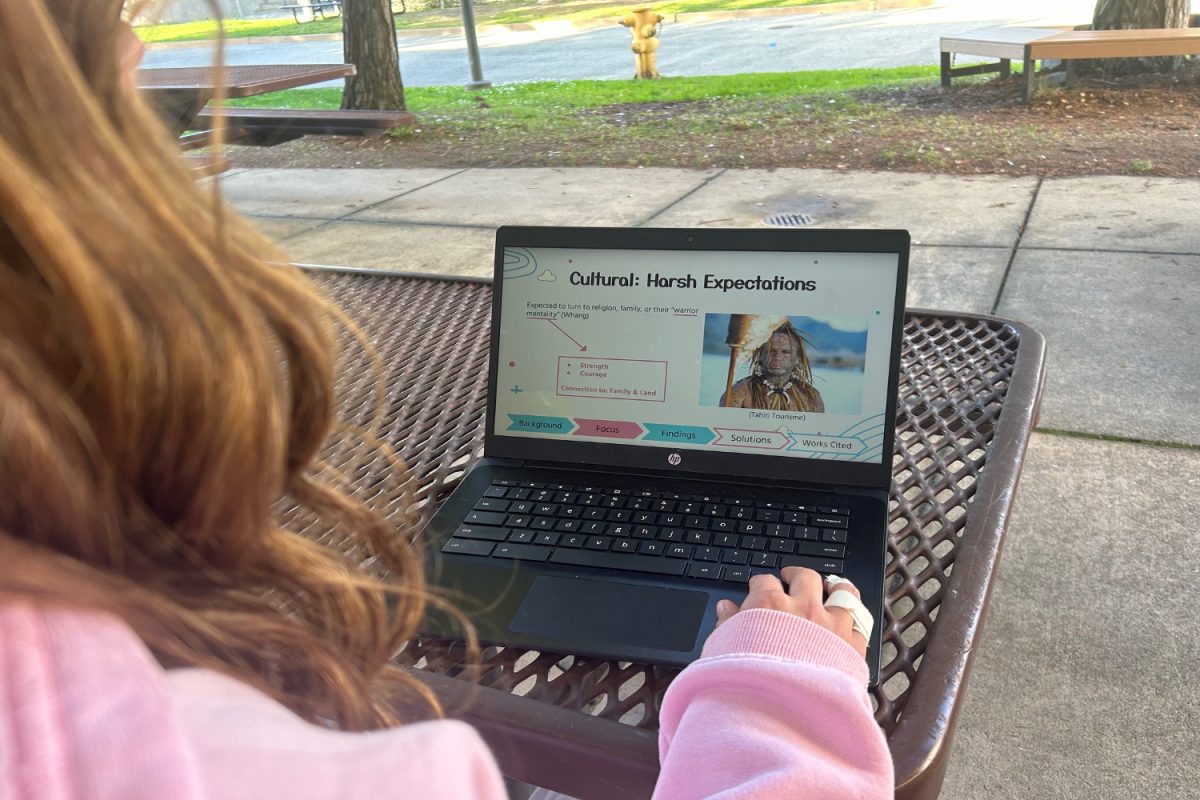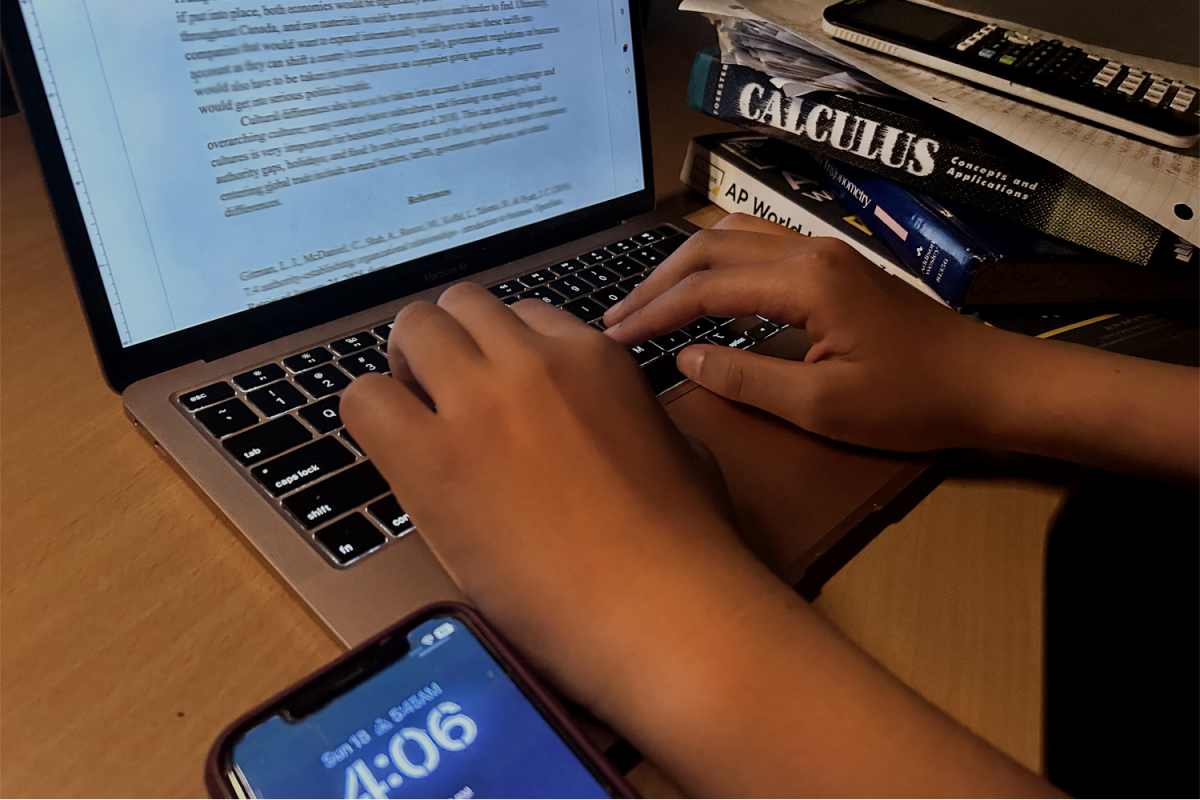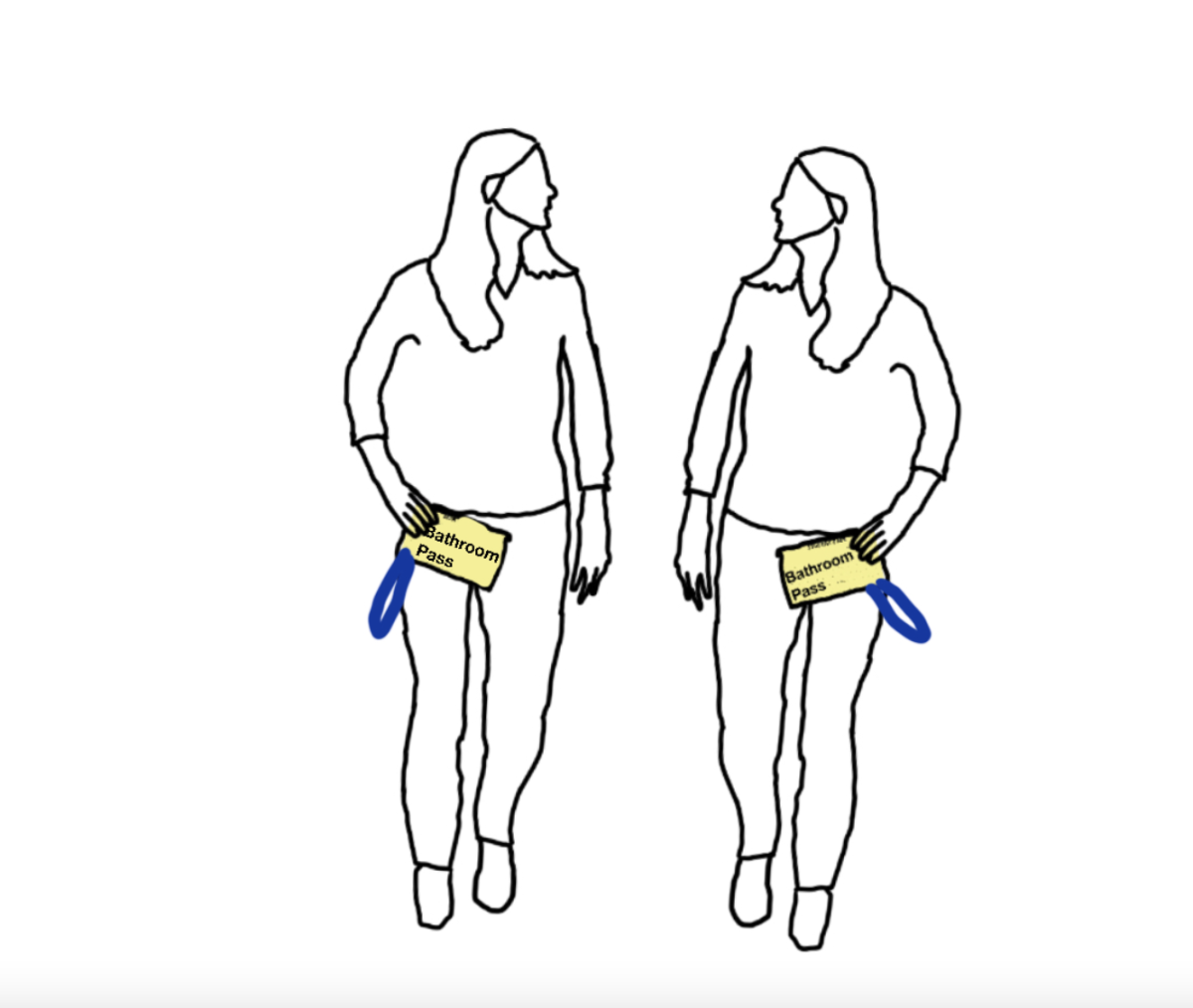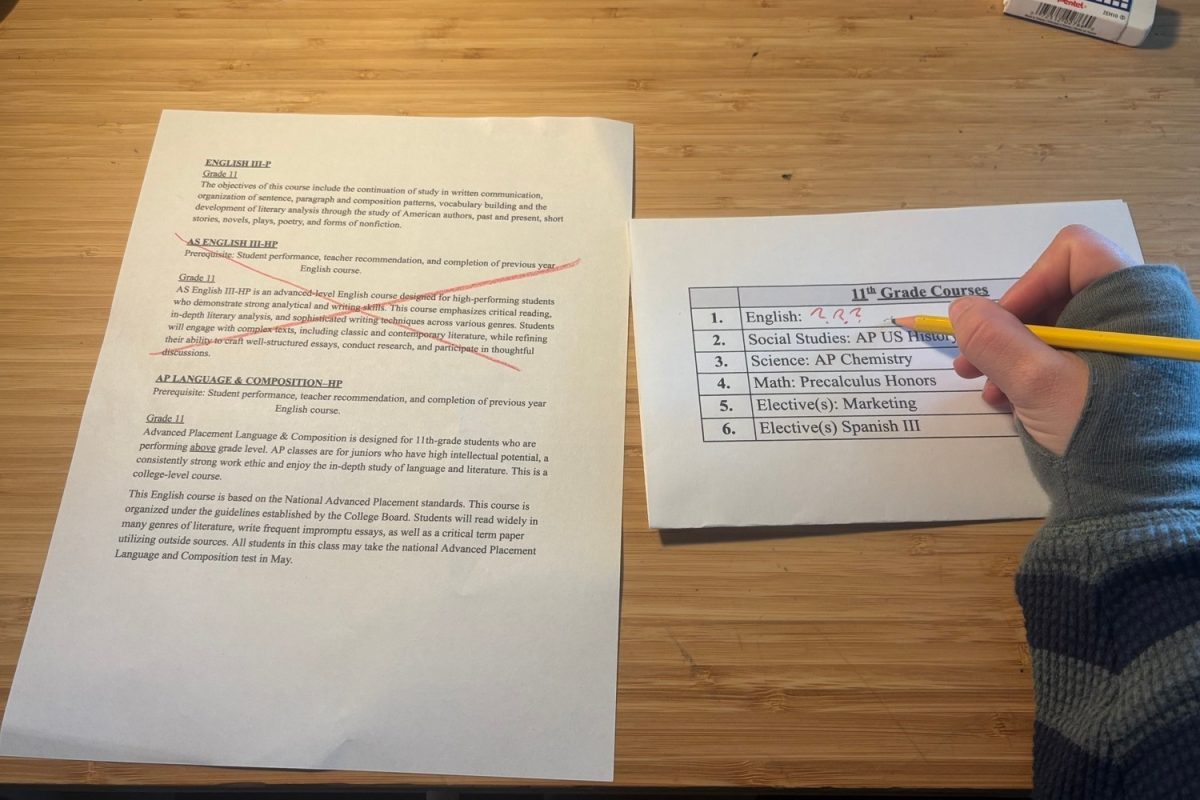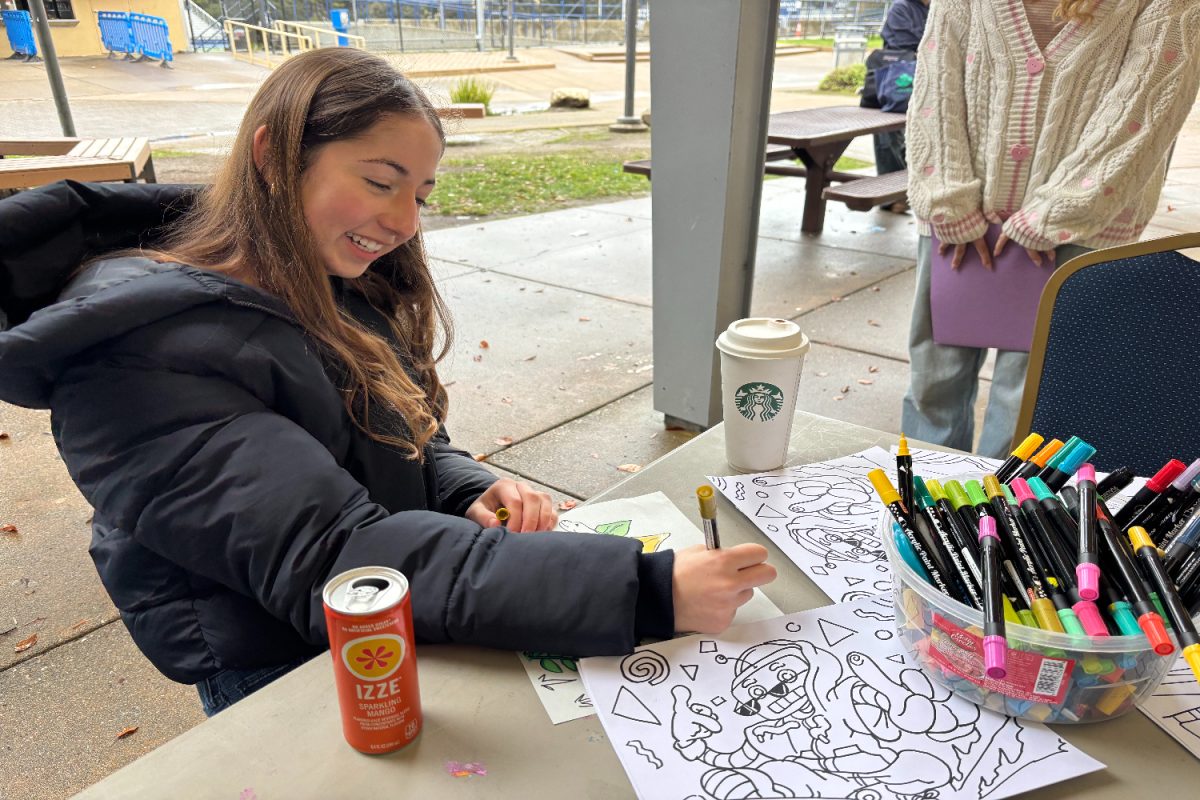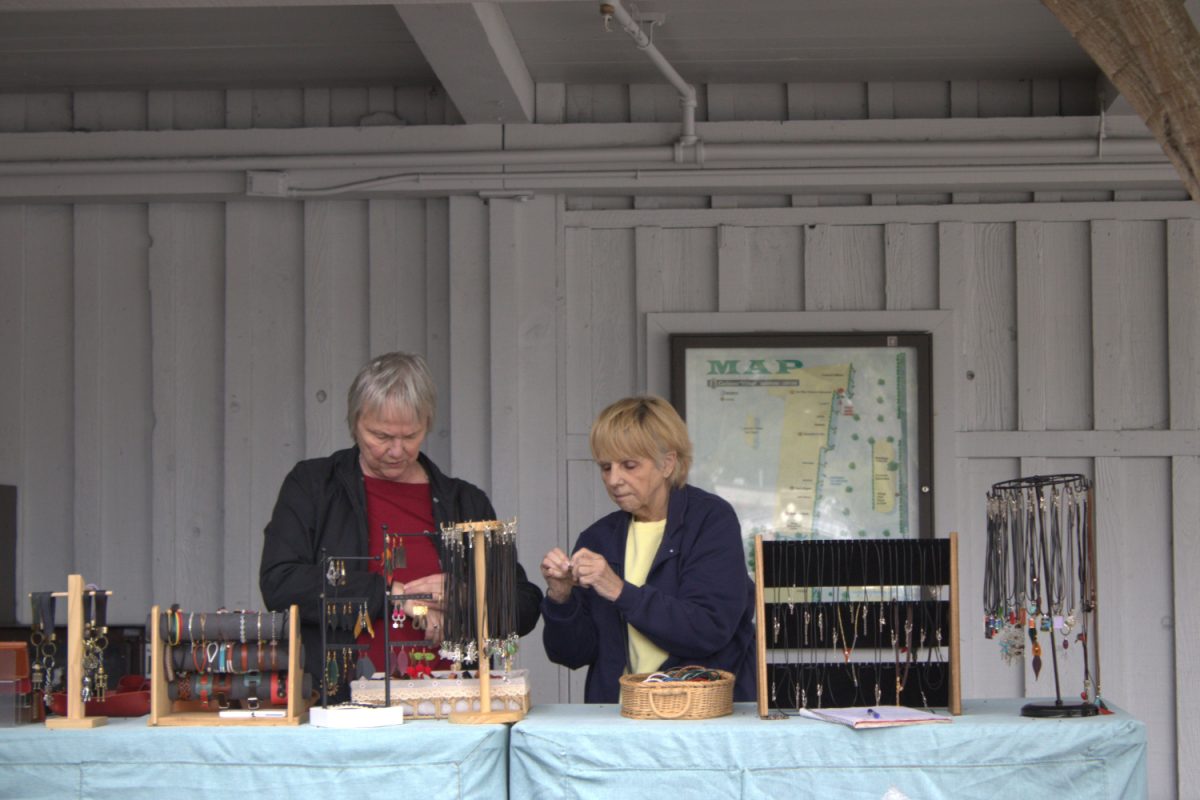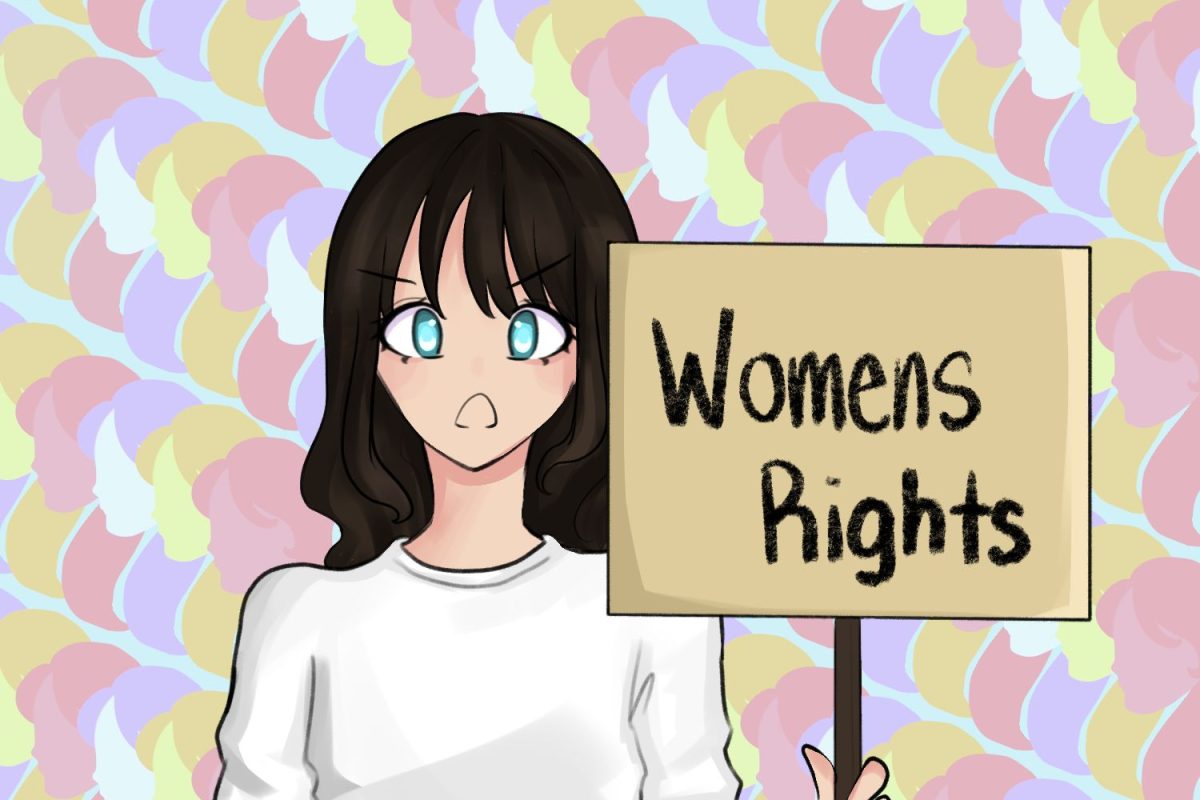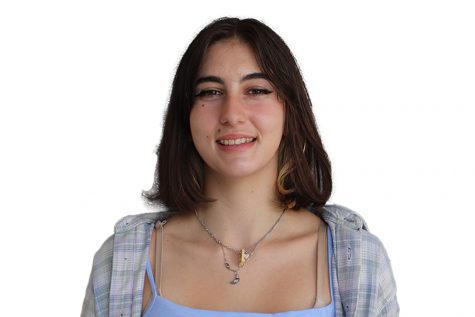Jewish students at Carlmont are celebrating the Jewish holiday, Hanukkah. It’s often referred to as Chanukah, the more traditional spelling, and it is an eight-night winter holiday that falls on different days every year.
According to History.com, “[Hanukkah] commemorates the rededication during the second century B.C. of the Second Temple in Jerusalem, where according to legend Jews had risen up against their Greek-Syrian oppressors in the Maccabean Revolt.”
Jews celebrate Hanukkah for eight nights, this year starting on Nov. 28. The menorah, also known as a Hanukkiah, is a crucial part of this celebration, holding eight candles and a helper candle, the shamash, which is used to light the other candles. On the first night, only one candle is lit, and each night another candle is lit. by the eighth night, all of the candles are burned.
The celebration of Hanukkah is a celebration of a miracle. Because of this, Hanukkah is often a more lighthearted celebration involving special foods.
“My favorite part of Hanukkah is the food. Because the holiday revolves around a miracle of oil lasting eight days instead of one, the food is fried, so we get to eat latkes and donuts,” said Javin Zipkin, a senior and co-president of Jewish Club.
Celebrations of Hanukkah are also a time when Jewish families gather and create a unified sense of community.
“It is a joyous holiday that I get to celebrate alongside my family and friends, and we have traditions that I look forward to every year,” said Kasey Parks, a senior and the other co-president of Jewish Club.
According to Pew Research, 63% of the California adult population is Christian, and 28% are Catholic. These two groups often celebrate Christmas, a widely represented and acknowledged holiday that Hanukkah is often compared to.
“A misconception many people have is that Hanukkah is one of the most religiously significant events for Jewish people, similar to how Christmas is significant for the Christian religion. This is false. In fact, it is not even described in the Torah,” Zipkin said.
Representation for holidays like Christmas tends to overtake the representation of Hanukkah. While Hanukkah is widely celebrated, Christmas is a holiday that mainly revolves around giving and receiving presents. According to Zipkin, “gift-giving has never been a religiously important part of the holiday [Hanukkah].”
“I feel like they [Jewish holidays] are not as widely understood and known as other non-Jewish holidays,” said Mirella Odesskiy, a Jewish sophomore.
The underrepresentation of Hanukkah is evident in the retail world, which can often cause negative feelings for Jews.
“It certainly does not feel good to see Christmas stuff everywhere at the grocery store and then a little table with a few Hanukkah items on sale,” Zipkin said.
Most schools, including Carlmont, do not have time off for these holidays built into the school calendar. There is a two-week winter break, but Hanukkah does not always fall on those weeks.
“School and work calendars are scheduled around Christian holidays, so it is definitely tough,” Parks said.
Despite this, many Jewish students focus on the positives and celebrate with each other each year.
“It is amazing to carry the torch of my religious tradition. Sometimes I remember how many Jewish people had to die at the hands of persecutors so that I could freely express myself today and remember that celebrating Hanukkah is not a treat but a duty,” Zipkin said.

